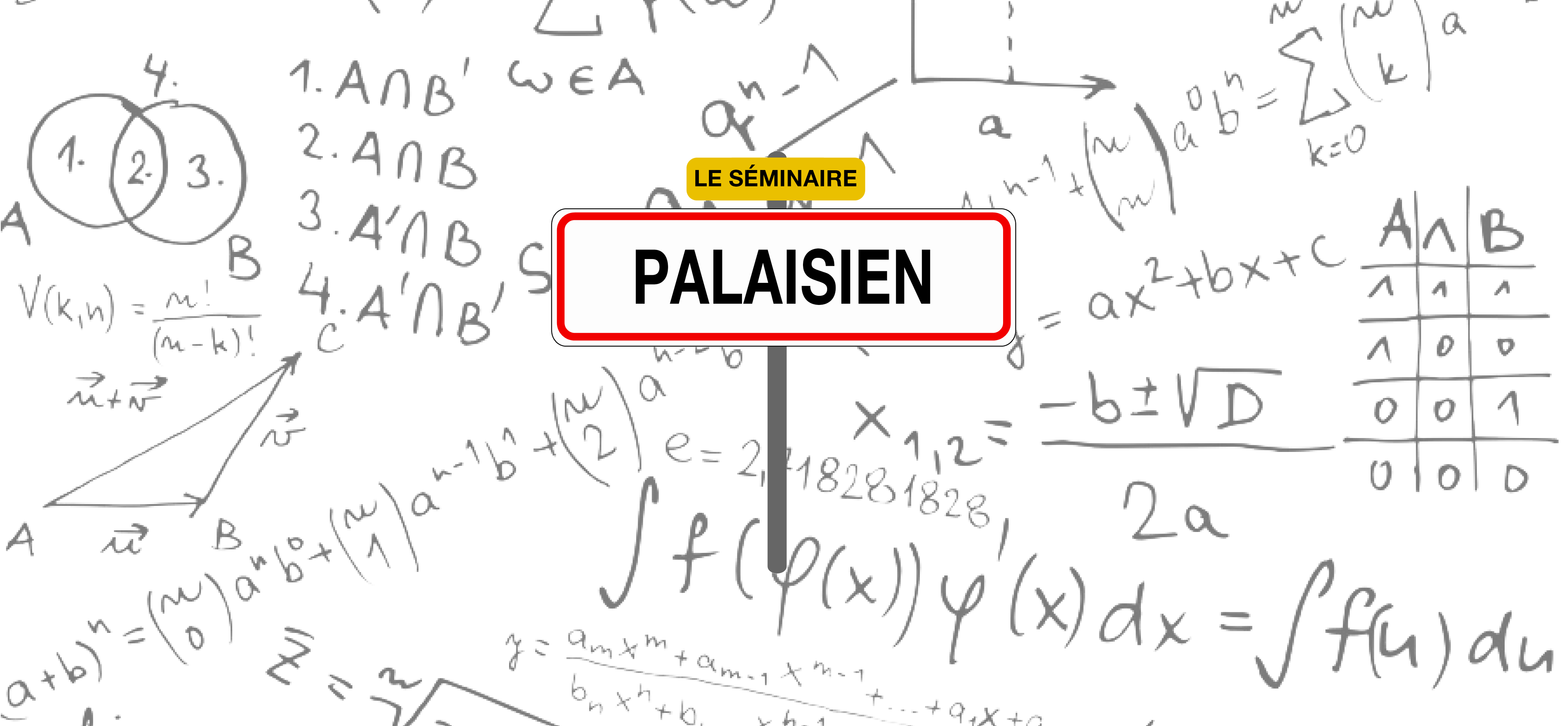Each seminar session is divided into two scientific presentations of 40 minutes each: 30 minutes of presentation and 10 minutes of questions.
Johannes Lutzeyer and Nabil H. Mustafa will moderate the February 2023 session.
Registration is free but mandatory, subject to availability. A sandwich basket is offered.
Abstract: The research and development of graphical neural networks (GNNs) is currently one of the most dynamic topics in the field of artificial intelligence. GNNs have seen many academic and industrial successes in recent years, providing a rich ground for theoretical analysis and achieving state-of-the-art results in several learning tasks. In this talk, I will provide an accessible introduction to the field of graph representation learning, with a focus on GNNs. I will then discuss some of our recent work in this area, in particular our recent contribution, Graph Scheduling Attention Networks (GOAT). Most standard GNN layers are unable to capture the statistical interaction effects of nodes in a neighborhood. Our GOAT networks fill this gap and capture all possible interactions in a given neighborhood. This allows us to demonstrably improve the performance of GNNs in synthetic tasks and on real-world data. I will conclude my talk by providing an overview of our other recent contributions to the graph representation learning literature.
Abstract: Let P be a finite set of points in R^d, and epsilon > 0 a given parameter. Our goal is then to compute a set Q in R^d, of small size, such that *any* convex set containing a fraction epsilon-th of the points of P contains at least one point of Q.
This problem, proposed over 40 years ago, remains largely open, with a large gap between the best known lower and upper bounds on the size of Q. In this talk, I will explain some of the approaches to solving this question, which use a variety of techniques from Ramsey theory, combinatorial geometry, convex polytope theory and data depth. Joint work with Saurabh Ray and Imre Barany.






